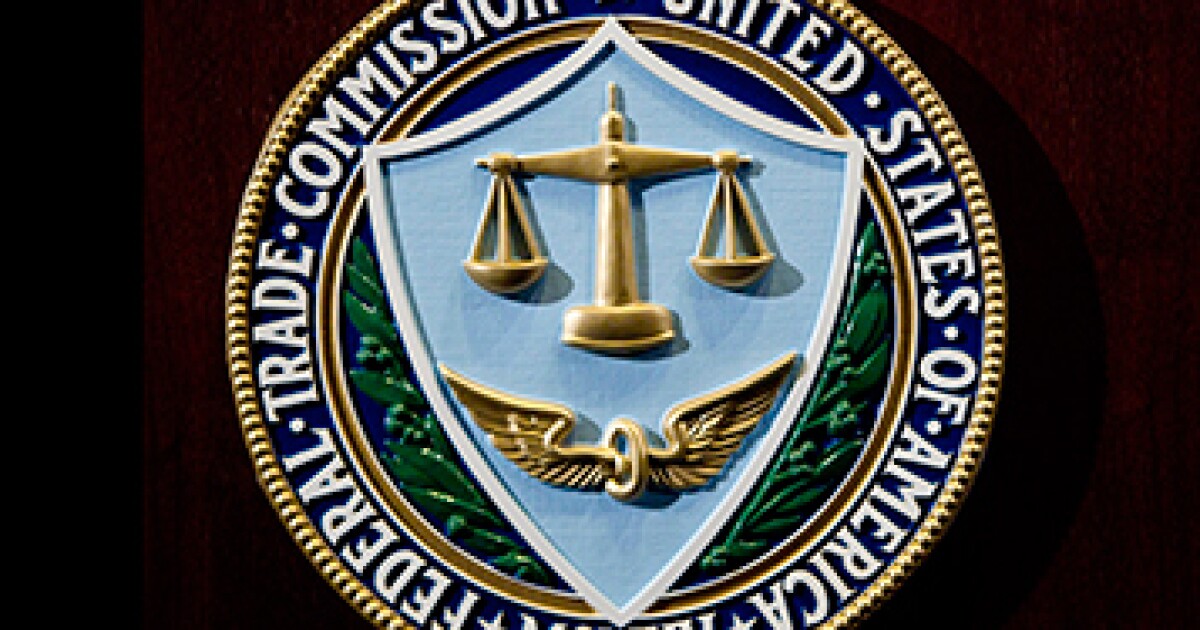
The Federal Trade Commission is on the offensive to save its noncompete ban, filing an appeal with the U.S. Court of Appeals for the Fifth Circuit on Oct. 18.
Two months prior, a federal judge in Texas halted the FTCs
The agency said it
The FTC declined to comment Thursday.
In her decision that struck down the rule, Judge Ada Brown of the U.S. District Court in Dallas said the FTC's ban on noncompetes violated the Administrative Procedure Act, exceeded the agency's statutory authority and should be "set aside."
"The Commission's lack of evidence as to why they chose to impose such a sweeping prohibition — that prohibits entering or enforcing virtually all noncompetes — instead of targeting specific, harmful noncompetes, renders the rule arbitrary and capricious," Brown wrote in a filing.
The decision stemmed from legal actions the U.S. Chamber of Commerce and others quickly filed against the FTC after the agency released its rule in April. Opponents of the ban, including the Chamber, argued it represented an illegal overreach that could harm competition.
Under the FTC's scrapped rule, employers would be prohibited from entering into or enforcing new noncompetes with senior executives, though existing ones would remain in place.
Around 30 million workers are subject to noncompetes, or close to 20% of the nation's workforce, the FTC estimates.
Noncompetes are sometimes used in the mortgage industry to keep loan originators, executives and marketing personnel from jumping ship to competitors. They may also be used to protect information after an executive leaves a company, attorneys have said in previous interviews.
Nonsolicitation agreements are much
Legal experts say that while the noncompete rule is blocked, employers should not get complacent in monitoring changes that impact employee agreements.
"For now, the FTC noncompete ban remains blocked, but the battle is far from over," wrote Troy Garris, co-managing partner at law firm Garris Horn, in a blog. "With the Fifth Circuit set to weigh in, and the potential for this issue to reach the Supreme Court, employers should stay vigilant."



